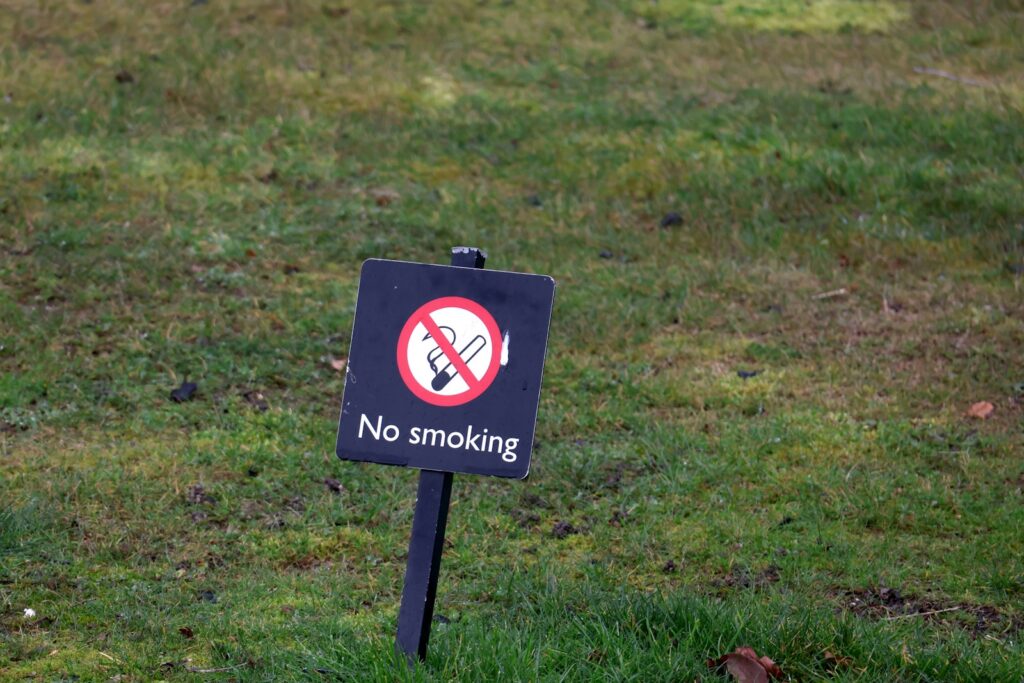Proposed changes to London’s Congestion Charge could cost car club operators more than £1 million annually, threatening the future of shared mobility in the capital, CoMoUK has warned.
Collaborative Mobility UK (CoMoUK) says Transport for London’s plans – which include a 20% rise in the Congestion Charge and a sharp reduction in the discounts hitherto enjoyed by EV drivers – risk making car clubs economically unviable.
Under the proposals, the Congestion Charge would increase from £15 to £18 on 2nd January next year, with the 100% EV discount being reduced to 25% on the same day. This will then be cut to 12.5% in 2030.
One London car club estimates these two measures alone would cost it around £878,000 over five years, with annual costs exceeding £1 million from 2030.
In its response to TfL’s consultation, which closed this week, CoMoUK asked that car club vehicles be treated differently from private cars, noting their role in cutting overall car numbers, supporting public transport and providing affordable, flexible access to vehicles.
They warned that these increases are likely to be passed on to members, reducing affordability and discouraging EV use. It is also calling for a full residents’ discount for car club vehicles based within the zone to be maintained, warning that without it some schemes could collapse.
The charity’s latest data shows the proportion of EVs in UK car club fleets fell from 35% in 2023 to 30% in 2024, with operators blaming the higher running costs of EVs estimated at £6,000 more per year than petrol or hybrid cars.
The London Assembly’s Transport Committee has already criticised the lack of a city-wide car club strategy, urging the Mayor to act within 12 months to secure their role in the city’s transport mix.
Richard Dilks, chief executive of CoMoUK, said: ‘Car clubs are making a big contribution to reducing car ownership and mileage in London, with members more likely to embrace active travel and public transport too.
‘As well as enabling users to live a car-free or car-light lifestyle, each car club vehicle replaces 31 private cars in the capital, freeing up space, cutting congestion and improving air quality.
‘It would therefore be utterly baffling if car clubs were treated as private cars under these changes. We hope that TfL listens, before it is too late.
‘There are no logical grounds for continuing to discriminate against cars that are shared between many people, including those on lower incomes, in favour of privately-owned cars used by far fewer people.’


















Leave a Reply